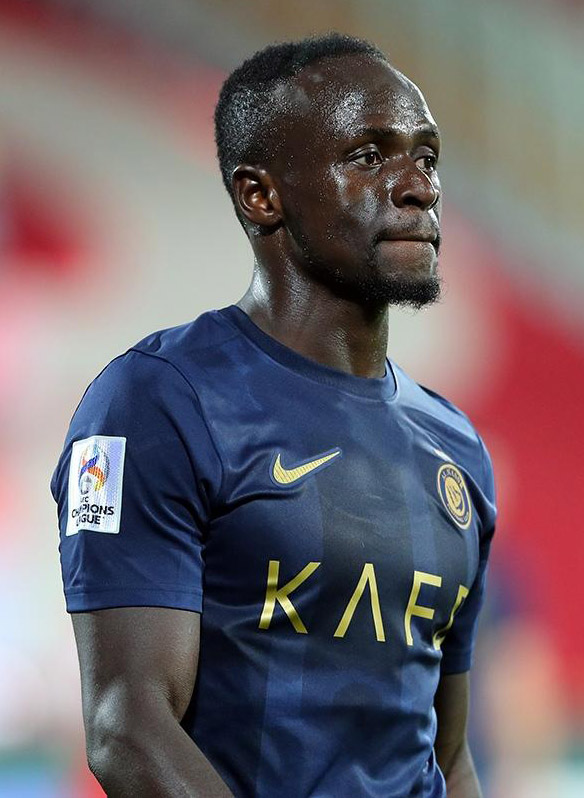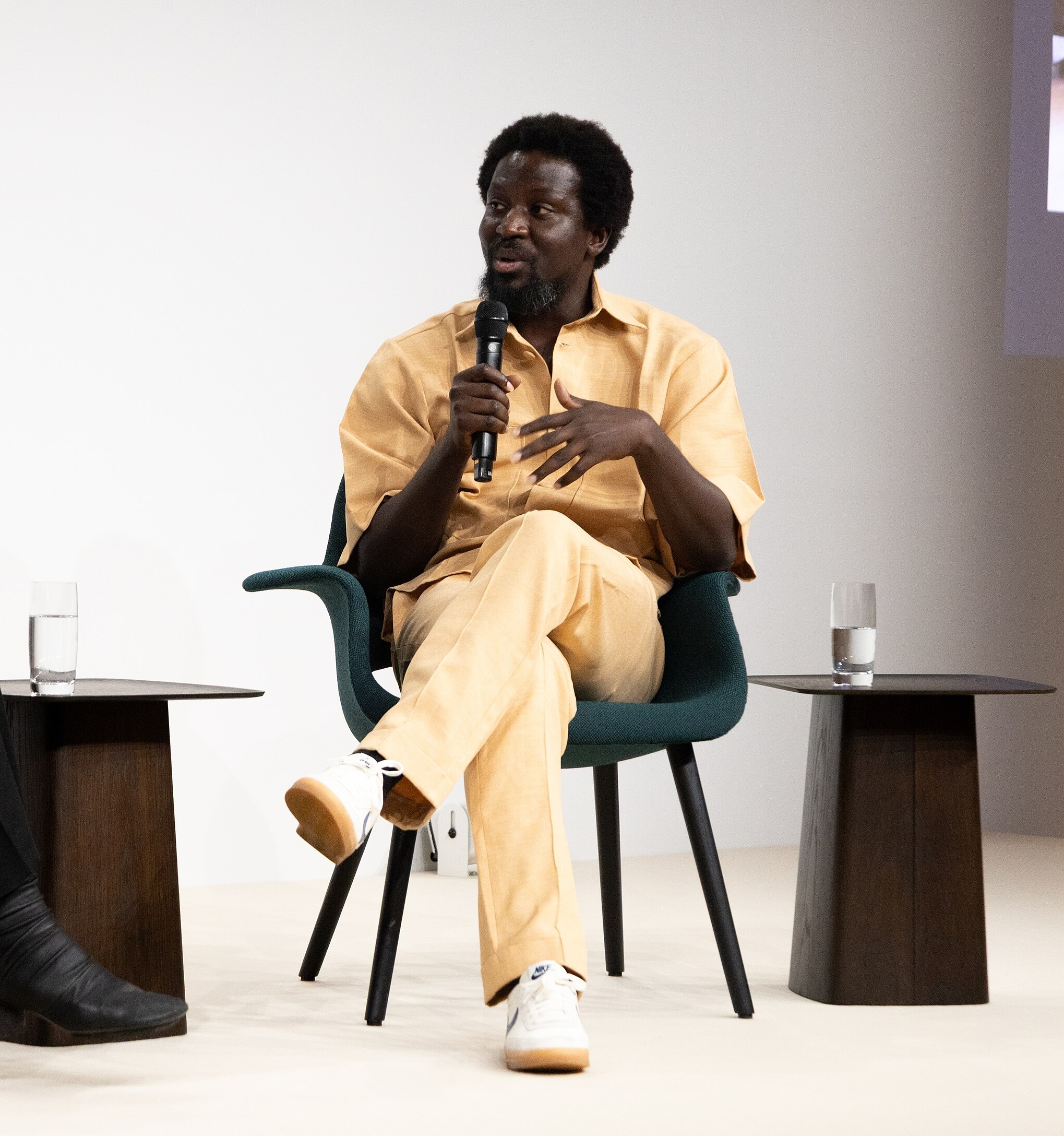Elite Africa Roundup – 1 April 2025
Her Excellency Netumbo Nandi-Ndaitwah was inaugurated as Namibia's first woman president on March 21, 2025, following her historic election victory in December 2024 and a Supreme Court ruling that dismissed the opposition’s dispute case. Her message of hope emphasized her commitment to preserve the gains from Namibia’s fight for independence, enable socio-economic advancement, and instil good governance measures in all public institutions. H.E Netumbo joins the growing list of African women who have served in executive positions of power, including the current president of Tanzania, H.E. Samia Suluhu, former president of Malawi Joyce Banda, and former president of Liberia H.E Ellen Johnson Sirleaf.
The Government of Canada has unveiled its inaugural Canada-Africa strategy. Its five pillars are aligned with the African Union’s Agenda 2063 focusing on: strengthening diplomatic engagement and people-to-people ties; enhancing economic cooperation; international assistance that supports economic development and youth employment; strengthening peace and security partnerships; and increasing engagement on the global stage. Although the document fails to lay out a clear plan for implementation and contains some notable omissions, for example, addressing issues related to unethical mining by Canadian companies, it is a landmark moment for foreign relations between African countries and Canada with multiple possibilities for mutual benefit.
- A new study by Gerald Bareebe of the Elite Africa Project and Christopher Day argues that the unique practice of having soldiers in the Ugandan parliament is “rooted in the country’s civil–military relations, driven by ideology, patronage, and political influence.” This strategy, the authors argue, helps maintain the stability and dominance of Ugandan President Yoweri Museveni and the National Resistance Movement regime.
- The end of the Holy Month of Ramadan for Muslim faithful is fast approaching and, in Morocco, fashion designer Sahar El Maazouzi explains that the new era of fast fashion has led to growing demand for traditional Moroccan attire in anticipation of Eid festivities. Djellabas are loose-fitting robes typically adorned with hoods, while kaftans resemble tunics. These garments represent century-old traditions of customizing garments using gold and silk during Eid celebrations.
- The Projet d'appui au volet social du programme CIZO d'électrification rurale (PRAVOST), a project by the African Development Bank, in partnership with the European Union and the Togolese government, provides off-grid solar solutions, targeting isolated rural areas.







